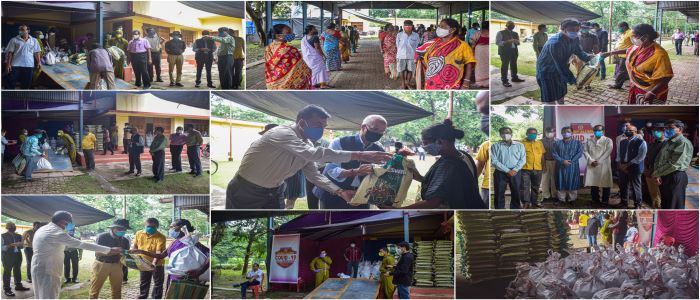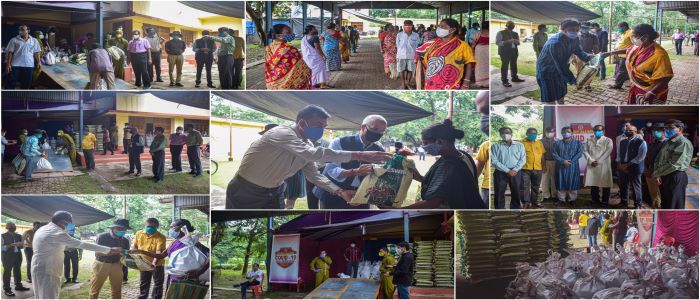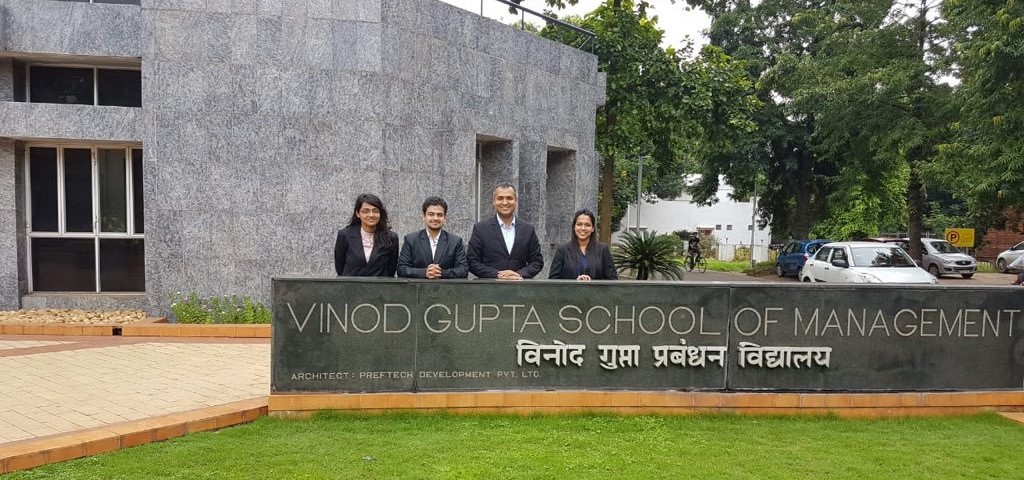
You care for us, now let us take care of you
On June 19, 2021, Indian Institute of Technology Kharagpur had come forward to provide ration packets to 2000 Covid Lockdown affected poor people in and around the campus, with the generous contributions of $1 million received from its alumni. Besides being thankful to the alma mater for such an orderly management of the Covid-19 support program, the president of IIT Kharagpur Foundation USA, Ron Gupta mentioned, “The IIT Kharagpur Foundation alumni are indebted to you all for distribution of the needed supplies to our workers who help the students during their stay. We urge to continue with this program periodically,…




